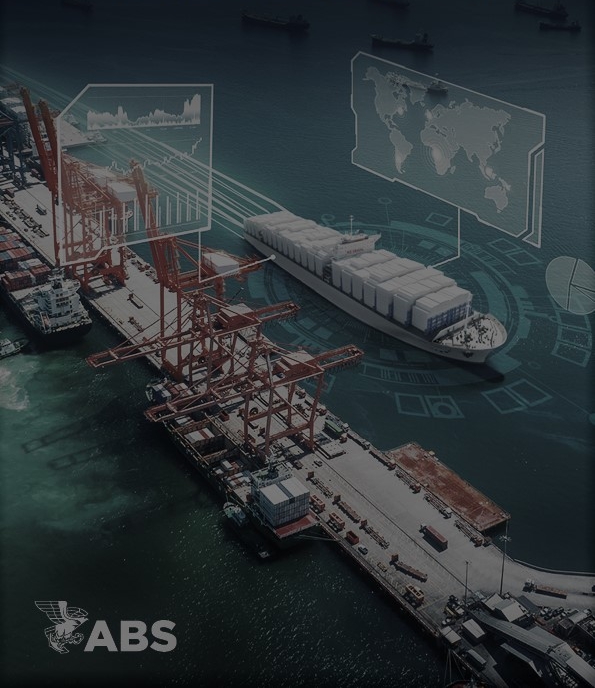Introduction to FPSO Classification and RBI
- Overview of FPSO types and applications
- Importance of classification and risk-based inspection
Regulatory Framework and Classification Rules
- International and national regulations
- Classification society rules and guidelines
Risk-Based Inspection (RBI) Methodologies
- Fundamentals of risk-based inspection
- Developing RBI plans
- Prioritizing inspections based on risk assessment
Risk Identification and Assessment
- Identifying potential risks in FPSO operations
- Conducting risk assessments
- Implementing control measures
FPSO Safety and Compliance
- Key elements of FPSO safety management systems
- Ensuring compliance with classification requirements
- Monitoring and maintaining safety standards
Inspection and Auditing Techniques
- Conducting effective FPSO inspections
- Internal and external audit procedures
- Continuous monitoring and evaluation
Handling Non-Conformities and Corrective Actions
- Identifying non-conformities
- Root cause analysis
- Implementing and tracking corrective actions
Promoting a Proactive Safety Culture
- Building a safety-first mindset
- Encouraging reporting and feedback
- Recognizing and rewarding safe behavior
Improving Communication and Coordination
- Effective communication strategies
- Coordinating between FPSO teams and regulatory bodies
- Crisis management and emergency response
Conclusion and Review
- Recap of key concepts and takeaways
- Q&A session for addressing specific questions



































